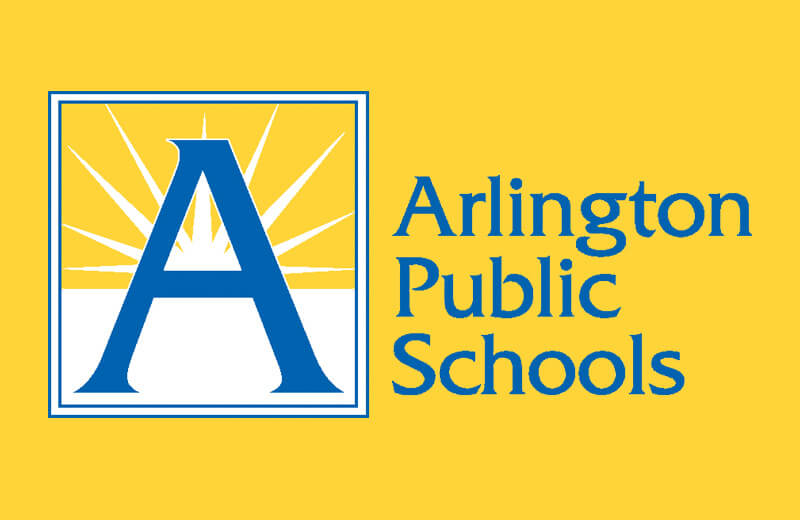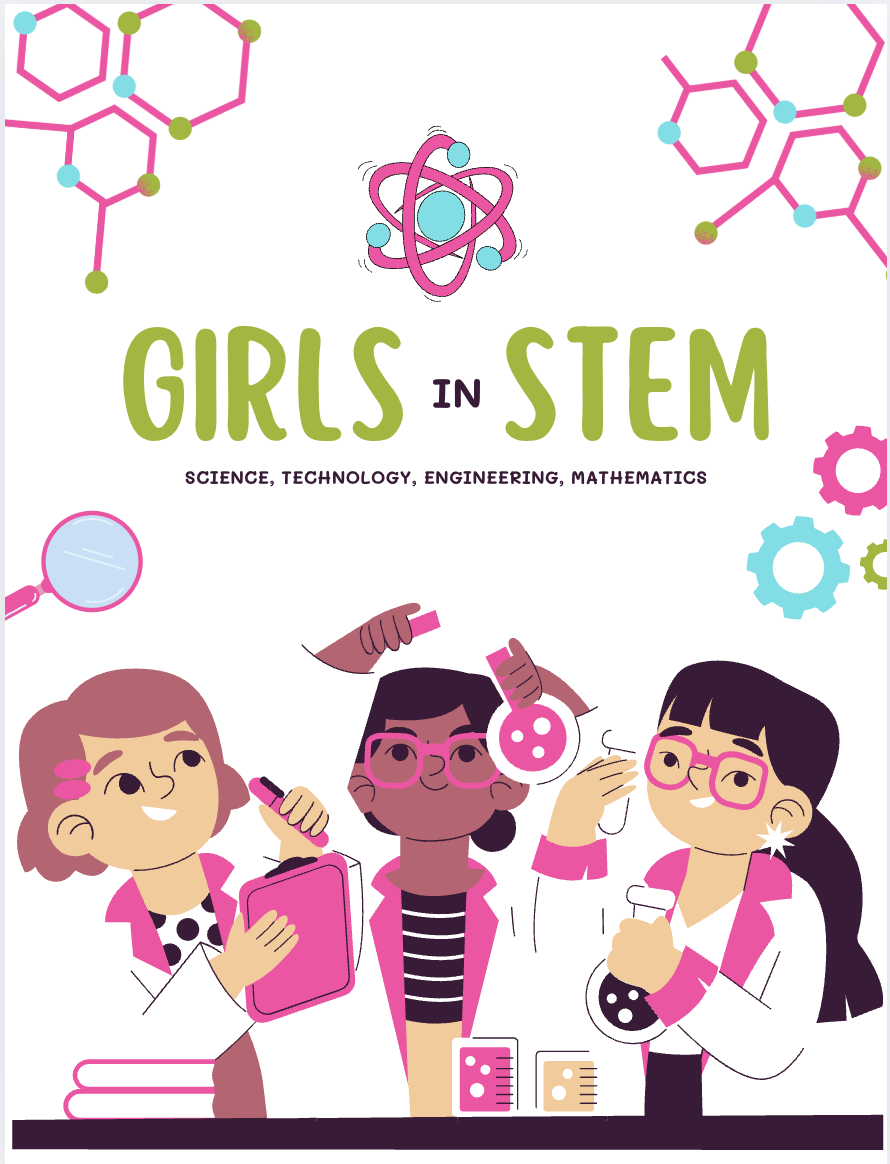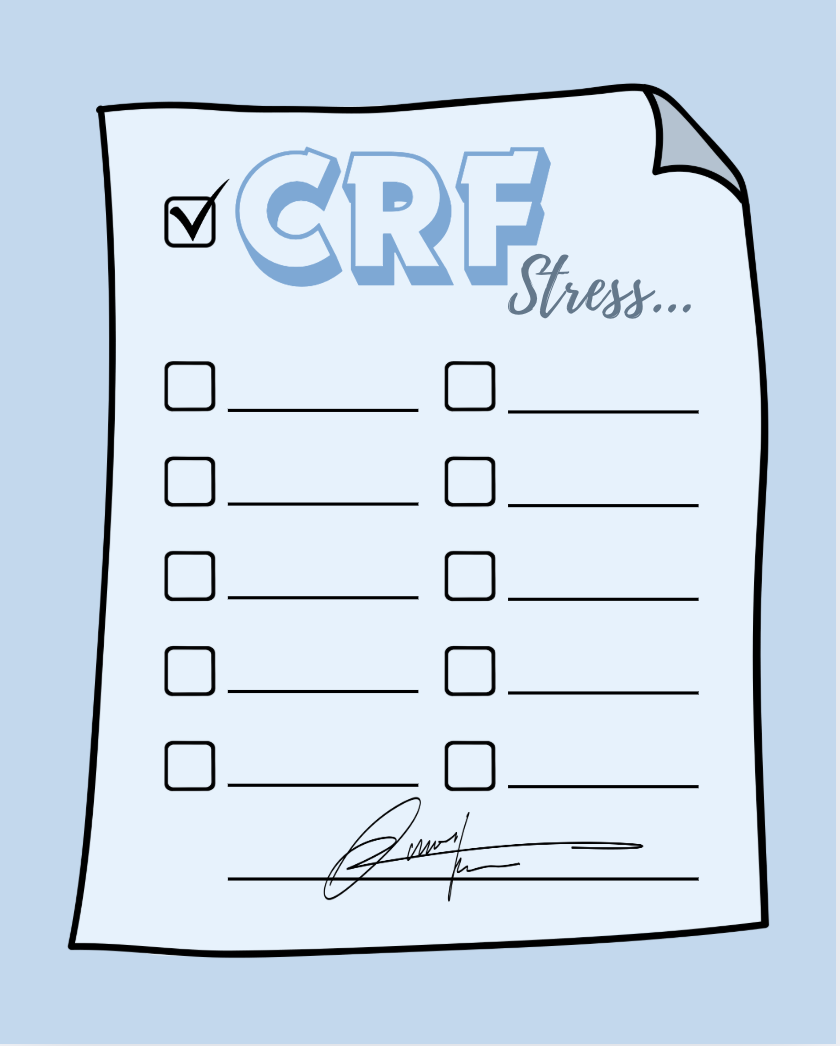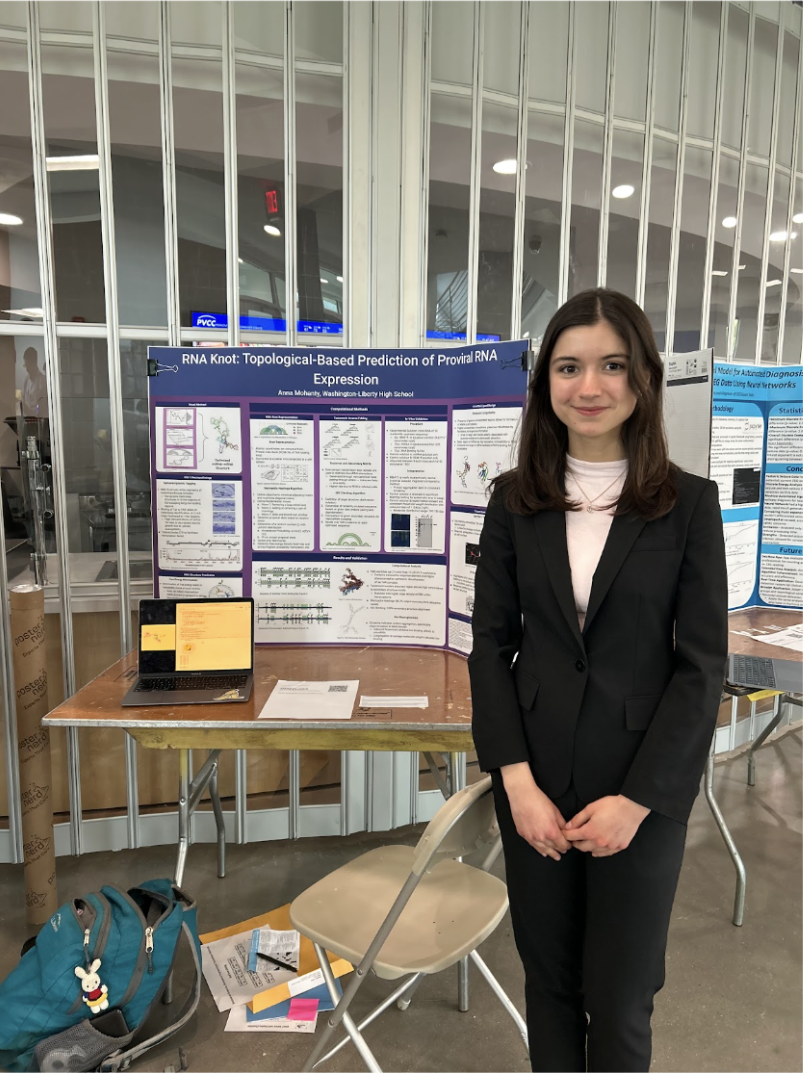The debate over standardized testing has persisted for years, sparking discussion among teachers, policymakers, students and the public. As schools deal with the aftermath of the COVID-19 pandemic, the question of the return of standardized testing looms. Are standardized tests coming back? Will their resurgence be a step towards greater diversity?
A standardized test is a test that is administered in a consistent or “standard” manner. Tests such as the Scholastic Aptitude Test (SAT), the American College Test (ACT), Advanced Placement (AP) and International Baccalaureate (IB) exams have been used to assess students’ academic abilities and educational development. These tests typically consist of multiple-choice questions covering a range of subjects, including math, writing, reading, and science. According to an article by American University, standardized academic achievement tests are mandatory in primary and secondary schools in the United States, where they are designed and administered at the state or local level and used to assess requirements for federal education funding. They provide a benchmark for evaluating problems and measuring progress, highlighting areas for improvement.
As beneficial as these tests might seem, they have grown in controversy over the years. Many believe that standardized tests are unfair, and inaccurate measures of student progress. In recent years, the debate over standardized testing has intensified, being fueled by the growing movement for educational equity and social justice. Calls to abolish or reform these tests have gained traction among teachers, activists, and policymakers who argue that these assessments are unfair specifically to certain marginalized groups. An Honor Society Foundation article states that research consistently shows that students from low-income backgrounds, racial and ethnic minorities, and English language learners tend to score lower on these tests. According to the Honor Society Foundation, schools in low-income areas often lack the resources to prepare students for these tests. As a result, students from disadvantaged backgrounds are more likely to receive lower scores, limiting their opportunities for higher education and future success. This creates a cycle of inequality, where those who are already marginalized are further marginalized by the testing system.
Additionally, many argue that standardized tests are inaccurate in assessing a student’s abilities and skills. These tests primarily focus on basic skills and memorization of facts rather than measuring true excellence of abilities. While education leaders say improving education can help minorities perform better on these tests, teachers see that what helps students do well on exams does not always match what they really need to learn. Furthermore, these tests ignore the broader range of skills and abilities necessary for success in society, such as teamwork, leadership abilities, social interaction skills, moral integrity, and analytical skills.
So, is standardized testing really making a comeback? During the COVID-19 pandemic, many colleges went test-optional, meaning letting students decide whether to submit their test scores with the application. According to Christian Science Monitor, the pandemic-era response to disruptions in college admissions is ending at some of the most highly selective colleges in the United States. Standardized testing largely became optional for admittance for first-year students in Fall 2021. It remains that way at a majority of institutions issuing four-year degrees. Earlier this month, Brown University in Providence, Rhode Island, became the latest to reinstate a testing requirement. Soon, it will no longer be optional at schools such as Yale, Dartmouth, Georgetown, and the Massachusetts Institute of Technology. Some schools, like Yale, allow students the option of submitting traditional SAT or ACT or AP and IB test scores.
However, the National Education Association has a solution: Performance Based Assessments (PBAs), not as a replacement but rather an alternate option. PBAs are a learning and assessment system that allows students to demonstrate knowledge and skill through critical-thinking, problem-solving, collaboration, and applying knowledge to real-world situations. They can be done in many ways, such as asking students to compose a few sentences in an open-ended short response, develop a thorough analysis in an essay, conduct a laboratory investigation, curate a portfolio of student work, or complete an original research paper. The National Education Association fully supports replacing regular standardized tests with PBAs. PBAs allow students more choice in showing what they have learned. While students may be equipped with the knowledge to pass standardized tests, they may not be able to show their understanding as effectively as they can with PBAs.
Standardized testing has been used in education for years, but its fairness is still debated. People in favor of it think it is an accurate measure of student performance, while those opposed to it believe it does not show all of a student’s abilities. To move forward, we can ensure tests are helping students succeed instead of holding them back.




















